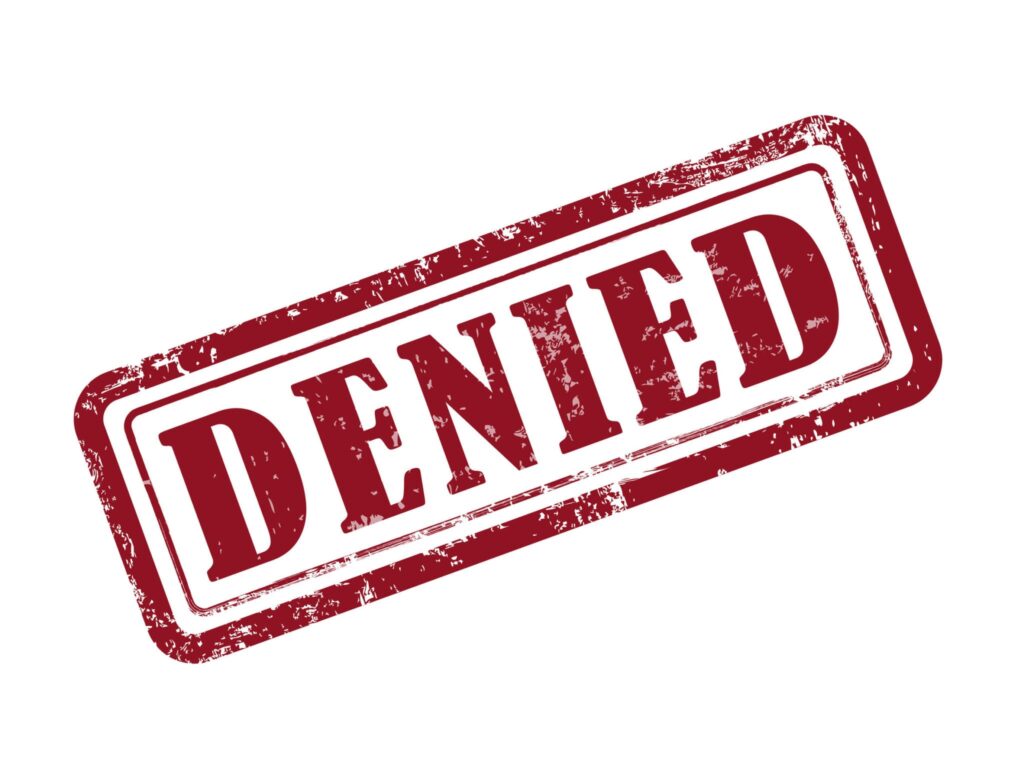Colorado Theft Laws: Penalties and Defense Strategies
July 1, 2025

Drug Searches on Public Transportation: What Is the Law in Colorado?
We’re Not Married – Why Am I Facing CO Domestic Violence Charges?
Posted by: Jacob E. Martinez
Category: Juvenile Crimes
Kids make mistakes. All of them. It’s just a part of life. The parts of our brains that make decisions are not fully formed until the age of 25. Science has proven that a teenager’s brain just works differently than an adult’s.
Still, kids often face the same consequences as adults when they commit certain crimes. For instance, just this month, four teens were arrested for “tagging” dozens of buildings around Edgewater. The boys have been charged with felony criminal mischief and criminal trespass.
These boys have a long road ahead of them. If your teen is in similar circumstances — facing an arrest, charge, or conviction — now’s the time to fight for them. Because one mistake in Colorado could result in a lifetime of obstacles, limitations, and penalties.
It’s expensive to commit a crime. Some crimes, like criminal trespass, usually come with fines or restitution that must be paid to victims.
Other crimes just rack up costs in legal fees and paperwork that must be submitted to the court. Time off of work could take away from your teen’s savings or spending money.
Expunction, or criminal record sealing, also comes with fees. This process can significantly help your teen overcome obstacles later in life by hiding their records or erasing their past mistakes, but you may have to wait over a year before you can apply.
Furthermore, all of these costs often come with interest charges. The longer you wait to pay off the costs of an arrest or a charge, the more you will have to pay.
One way to get out of debt is to get a job. Your teen is more likely to land a higher-paying job if they go to college and get a degree. Unfortunately, a juvenile criminal record can prevent your teen from pursuing either course.
Colleges are more likely to reject a student that has a felony conviction on their record. Even if your teen is accused of committing a minor or non-violent felony, they are going to face more rejection than their friends with clean records.
Don’t let your teen get discouraged. At the same time, be straight with them. You should both be aware that getting in is only the first hurdle. If your teen was convicted of a drug-related offense, they may face additional limitations.
The federal government requires former offenders to jump over a few more hurdles before they can qualify for financial aid.
Your teen may have to take drug tests and fill out an extra application – and they still might not be able to get help paying for college from the federal government.
While felony convictions can severely affect a person’s ability to get a job, Colorado’s lawmakers are working to take a giant step forward.
In May, Governor Polis signed “ban the box” legislation. This new law says Colorado employers can no longer ask about an applicant’s felony record on an application. Translate: felons are no longer automatically rejected due to their felon status.
This opens a lot of doors for those who have served their time and now hope for a fresh start. Note, though, employers can still run background checks on individuals and reject them later in the process if they find a felony conviction.
Felony convictions don’t just impact your teen. Depending on factors such as citizenship and participation in governmental assistance, their mistakes can impact your entire family.
If you are currently in public housing, for instance, your teen and even your family could face eviction. Moreover, if your teen is not a citizen, a felony charge could also result in deportation.
Even when those aren’t factors weighing on your teen’s and your family’s future, the emotional impact itself can pose huge obstacles in moving forward.
All of these barriers and experiences can have a significant impact on your child’s behavior. Rejection can affect any teen. Rejection from colleges, jobs, and opportunities that could help them in the future can really sting.
Keep an eye on your teen and have an open dialogue with them about what barriers they may face in the future. Your teen can have a second chance after a felony conviction, but you will both need to work for it. This fight requires preparation.
Reach out to a Colorado juvenile defense attorney for more information about how to defend your teen against arrests, charges, and convictions. An attorney can also help your family through the criminal record sealing or expunction process.
About the Author:
Denver-based criminal defense and DUI attorney Jacob E. Martinez is a knowledgeable and experienced litigator with a record of success providing innovative solutions to clients facing criminal charges of any severity. Mr. Martinez has been designated a Top 100 Trial Lawyer by the National Trial Lawyers and has been awarded both the Avvo Client’s Choice Award and Avvo Top Attorney designation, evidencing his reputation for his exemplary criminal and DUI defense work and high moral standards.
Jury Trial - Not Guilty
Jury Trial - Not Guilty
Arapahoe 1st Degree Assault/Vehicular Assault
Jury Trial - Not Guilty
Denver Domestic Violence Assault Case
Jury Trial - Not Guilty
Denver D.V. Assault
Jury Trial - Not Guilty
Denver Careless Driving Resulting in Death
Jury Trial - Not Guilty
Jefferson County Felony Menacing
Jury Trial - Not Guilty
Adams County DUI
Jury Trial - Not Guilty
Jefferson County DUI
Jury Trial - Not Guilty
Jefferson County DUI
Jury Trial - Not Guilty
Jefferson Vehicular Assault/DUI
Jury Trial - Not Guilty
Jefferson County DUI
Jury Trial - Not Guilty
Boulder County DUI case
Jury Trial - Not Guilty
Arapahoe County DUI case
Jury Trial - Not Guilty
Adams County DUI case
Jury Trial - Not Guilty
Douglas County DUI case
Jury Trial - Not Guilty
Gilpin County DUI case
Dismissed
Broomfield County Probation Revocation case
Dismissal
Arapahoe County DUI case
Deferred Judgment
Arapahoe County DUI case
Deferred Judgment
Douglas County DUI case
Deferred Judgment
Larimer County DUI case
Deferred Judgment
Arapahoe County DUI Case
Deferred Judgment
Denver Felony Burglary Case
Deferred Judgment
Arapahoe County DUI case
Dismissed
Arapahoe County Protection Order Case
Dismissed
Golden Destruction of Property case
Dismissed
Jefferson County Protection Order case
Dismissed
Jefferson County Domestic Violence case
Dismissed and Sealed
Jefferson County DUI case
Dismissed
Denver Major Traffic Offense case
Dismissed and Sealed
Broomfield County Domestic Violence case
Dismissed
Summit County DUI Revocation
Dismissed
Denver DUI Revocation
Dismissed
Denver DUI Revocation
Dismissed
Denver DUI +.2 Involving Accident and Injury case
Dismissed
Denver DUI/Habitual Traffic Offender case
DISMISSAL
Denver District Aggravated Theft
Dismissed
Greenwood Village Assault case
Dismissal
Elbert County DUI
Dismissed
Arapahoe County Domestic Violence case
Dismissal
Jefferson County DUI
Dismissal
Denver Municipal Assault
Dismissed
Boulder County Domestic Violence Assault case
Dismissed
Wheat Ridge Assault case
Dismissed
Jefferson County DUI case, with 2+ Prior Convictions
Dismissed
Arapahoe County Domestic Violence case
Dismissed
Broomfield County Domestic Violence case
Dismissed with No Charges Filed
Jefferson County Felony Theft case
Dismissed
Arapahoe County Felony Theft case
Dismissed
Boulder County Felony Theft case


